Creating an Inclusive Community: SLS’s Inaugural Equity Leadership Conference
Conferences offers students, faculty, and alumni a unique opportunity to listen and share.
March 5, 2021
On Saturday, January 30th, 164 members of the SLS community, including faculty, parents, alumni, and students, gathered via Zoom for the first-ever Equity Leadership Conference (ELC). The theme of the ELC was “Enter to Learn: Co-Creating an Inclusive Community that Serves Us All,” and the community-wide event was designed to encourage conversation, curiosity, and consideration of what constitutes belonging at St. Luke’s School.
The conference’s emphasis on how to make St. Luke’s a more inclusive community resonated with faculty members like Ms. Parker-Burgard, who said, “All of us can relate to a feeling of not belonging. We’ve all been in circumstances where we’ve felt left out, overlooked, or ignored. I wanted to listen to the diverse voices at the conference so that we can become more inclusive.”
The event kicked off in the Zoom ‘assembly room’ with a welcome and introduction from Head of School Mark Davis, who shared a compelling video of alumni talking about their experiences at SLS and offering ideas for participants to consider throughout the morning’s discussions. Participants were then split into small breakout rooms with facilitators in their respective constituent groups, based on age. There, they were given the opportunity to share their personal experiences, insights and stories.
Within these ‘family groups,’ students were able to create a safe space to dive into a deeper conversation about the uniqueness of each other’s experience at SLS. Facilitators began the conversation with icebreaker questions, which created a supportive environment so that difficult topics were easier to discuss.
“It was a fun way to bond with the group and was a reminder that we truly are more similar than we think,” Cessa Lewis ‘23 said. “Beginning with that [icebreakers] allowed us to feel comfortable discussing what makes us unique and our different experiences at St. Luke’s.”
The conference highlighted the importance of each person taking on the responsibility to create an inclusive, accepting environment at SLS. To Sonia Bell, St. Luke’s Director of College Counseling, this process begins with building strong character.
“All I could think about after the conference ended was this: what my students learn in the classroom isn’t half as important as the kind of people they become,” Bell said. “I just wish my students measured themselves based on how they treat others and not by the grades they earn or the colleges that admit them. I am now pretty desperate to change the culture.”
Finally, all participants came together and shared their reflections from the morning.
Ms. Bell stated, “I learned just how powerful the feeling of belonging is. I hadn’t really thought too much about the concept until that Saturday because over the years, ‘fitting in’ seemed to be the goal. Belonging is such a different feeling, and I am challenged each day to think about how my actions do or don’t contribute to a sense of belonging.”
Jaci Nelson, St. Luke’s Director of Equity & Inclusion and the orchestrator of the ELC, described her role as “enhancing a climate of equity and inclusion for all members of the school community and fostering a school environment equally conducive of the well-being and success of all members.” Progress was definitely made at the ELC by opening the lines of communication across the many groups who care deeply about embracing our diverse community at SLS.
“Our group specifically talked about being vulnerable and being comfortable sharing our differences with others,” Laura Haley ‘23 said.“In order to achieve that, we needed to create a comfortable space that allows for those conversations. Within the past few weeks, I myself have tried to be more open and vulnerable about my experiences in hopes of creating a more accepting space where others who choose to share their differences feel validated when talking about their personal experiences.”




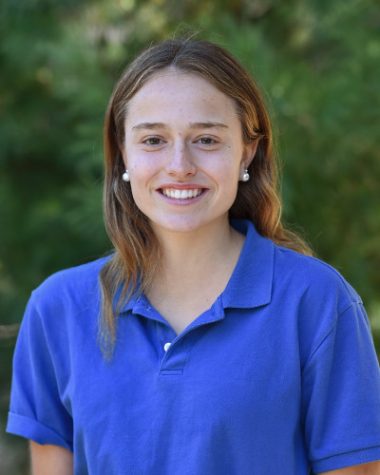
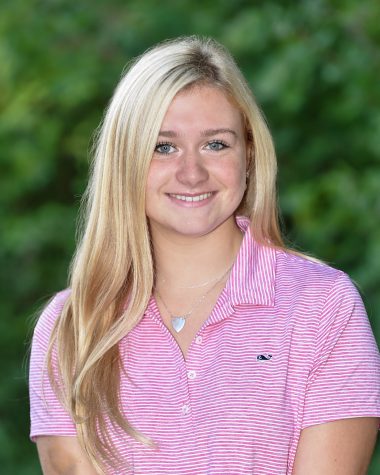
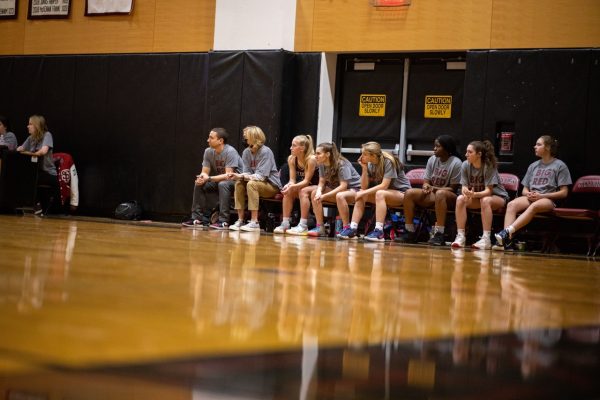
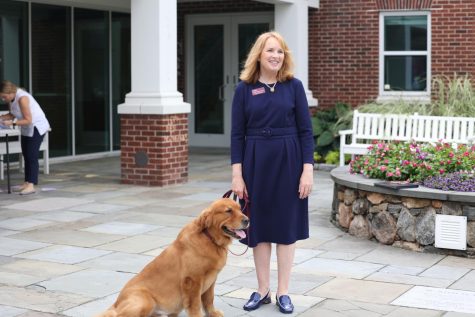
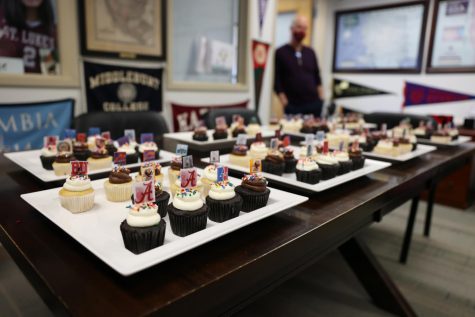

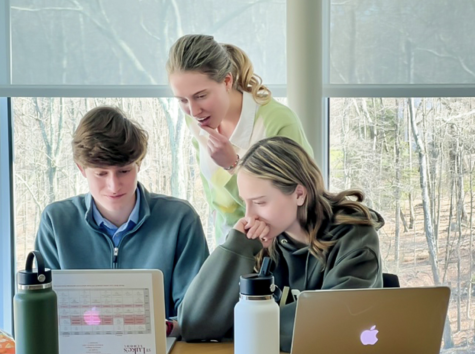

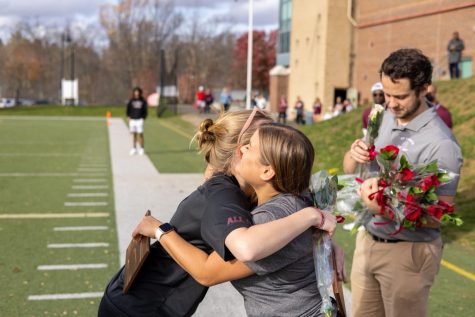
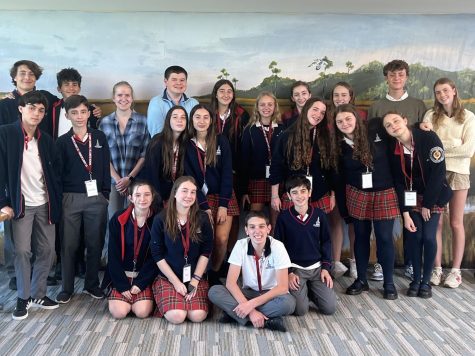
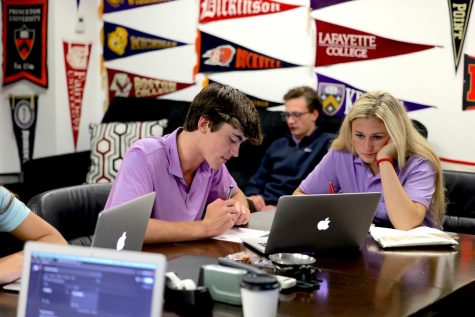

Elaine Camerota • Mar 11, 2021 at 2:58 pm
Good article, Ale and Kiley. Sounds like an important conference.